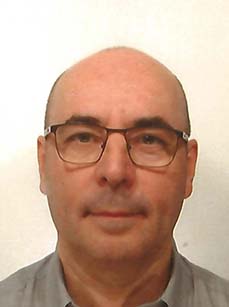CGIIT 2025 Speakers
|
Prof. Irwin King (Keynote Speaker) IEEE Fellow, Distinguished Member of ACM The Chinese University of Hong Kong, Hong Kong S. A. R., China Title of Speech: Multimodal Continual Learning: Current Challenges, Advances, and Future Directions Biography: Professor Irwin King, a distinguished professor at the Department of Computer Science & Engineering, The Chinese University of Hong Kong. His research interests span machine learning, social computing, artificial intelligence, and data mining. Professor King’s extensive research has been recognized through numerous publications and awards in internationally renowned venues. He holds prestigious fellowships in the ACM, IEEE, INNS, AAIA, and HKIE. In addition to his research work, he has also been an evangelist, promoting E-Learning with AI technology. He serves as the Director of the ELearning Innovation and Technology (ELITE) Centre, the Machine Intelligence and Social Computing (MISC) Lab, and the Trustworthy Machine Intelligent Joint Lab. Professor King obtained his Bachelor of Science degree from California Institute of Technology (Caltech) and his Master’s and Doctorate degrees in Computer Science from the University of Southern California (USC).
|
|
Prof. Shahram Latifi (Keynote Speaker) University of Nevada, Las Vegas, USA Title of Speech: Generative Models for Imaging Applications This talk will delve into two of the most prominent generative models—Generative Adversarial Networks (GANs) and Diffusion Models—with a specific focus on their applications in imaging. We will explore the fundamental principles behind each model, highlighting their unique strengths, challenges, and real-world use cases. By comparing these models, we aim to provide a comprehensive understanding of their capabilities and limitations, offering insights into how they can be leveraged for various imaging tasks. Whether you're interested in cutting-edge AI research or practical applications, this discussion will illuminate the transformative potential of generative AI in reshaping industries and creating new opportunities for innovation. Biography: Shahram Latifi, received the Master of Science and the PhD degrees both in Electrical and Computer Engineering from Louisiana State University, Baton Rouge, in 1986 and 1989, respectively. He is currently a Professor of Electrical Engineering at the University of Nevada, Las Vegas. Dr. Latifi is the co-director of the Center for Information Technology and Algorithms (CITA) at UNLV. He has designed and taught undergraduate and graduate courses in the broad spectrum of Computer Science and Engineering in the past four decades. He has given keynotes and seminars on machine learning/AI and IT-related topics all over the world. He has authored over 300 technical articles in the areas of networking, AI/ML, cybersecurity, image processing, biometrics, fault tolerant computing, parallel processing, and data compression. His research has been funded by NSF, NASA, DOE, DoD, Boeing, and Lockheed. Dr. Latifi was an Associate Editor of the IEEE Transactions on Computers (1999-2006), an IEEE Distinguished Speaker (1997-2000), Co-founder and Chair of the IEEE Int'l Conf. on Information Technology (2000-2004) and founder and Chair of the International Conf. on Information Technology-New Generations (2005-Present) . Dr. Latifi is the recipient of several research awards, the most recent being the Barrick Distinguished Research Award (2021). Dr. Latifi was recognized to be among the top 2% researchers around the world in December 2020, according to Stanford top 2% list (publication data in Scopus, Mendeley). He is an IEEE Fellow (2002) and a Registered Professional Engineer in the State of Nevada.
|
|
Prof. Marjan Mernik (Invited Speaker) The University of Maribor, Slovenija Title of Speech: How Evolutionary Algorithms Can Efficiently Explore and Exploit the Search Space Biography: Marjan Mernik received the MSc and PhD degrees in Computer Science from the University of Maribor in 1994 and 1998, respectively. He is currently a professor at the University of Maribor, Faculty of Electrical Engineering and Computer Science. He was a visiting professor at the University of Alabama at Birmingham, Department of Computer and Information Sciences. His research interests include programming languages, domain-specific (modelling) languages, grammar and semantic inference, and evolutionary computations. He is the Editor-in-Chief of the Journal of Computer Languages, as well as Associate Editors of the Applied Soft Computing Journal, Information Sciences Journal, and Swarm and Evolutionary Computation Journal. He has been named a Highly Cited Researcher for years 2017 and 2018. More information about his work is available at https://lpm.feri.um.si/en/members/mernik/.
|
|
|
CGIIT Past Speakers
 |
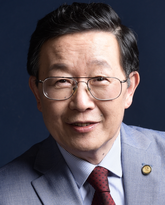 |
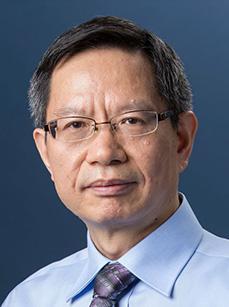 |
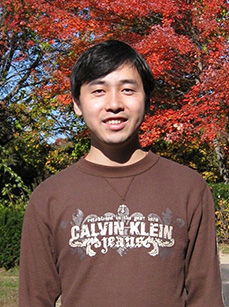 |
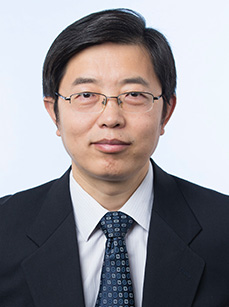 |
Prof. Irwin King The Chinese University |
Prof. Yingxu Wang University of Calgary, |
Prof. Cheng-Lin Liu Institute of Automation |
Prof. He Qingbo University of Science |
Prof. Dongbin Zhao Chinese Academy of |
 |
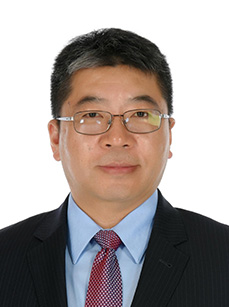 |
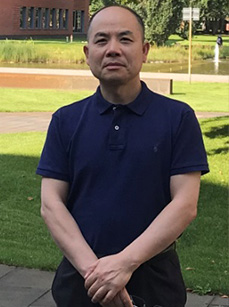 |
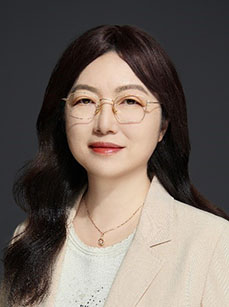 |
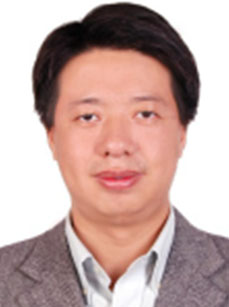 |
Prof. Shahram Latifi University of Nevada, |
Prof. Shipeng Li Applied Intelligence |
Prof. Yulin Wang Wuhan University, |
Prof. Yan Yang Southwest Jiaotong |
Prof. Jing Zhang Sichuan University, |
.jpg) |
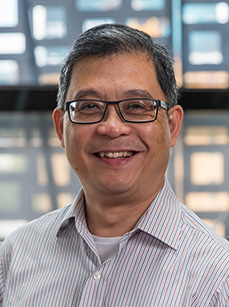 |
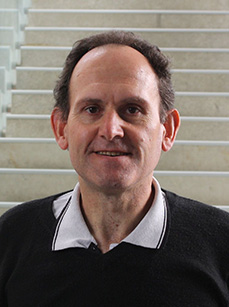 |
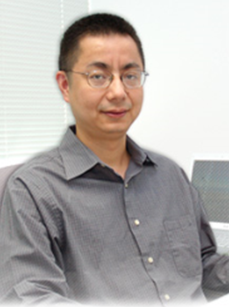 |
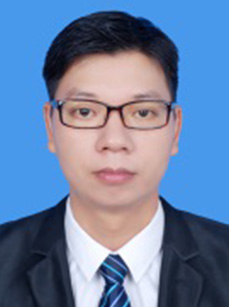 |
Prof. Peter Han Joo Auckland University of |
Prof. Guandong Xu University Technology of |
Prof. Donald Bailey Massey University, |
Prof. Yizhou Yu The University of Hong |
Prof. Jinghui Zhong South China University of |
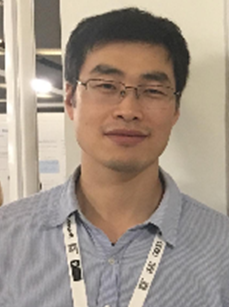 |
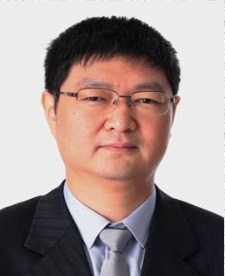 |
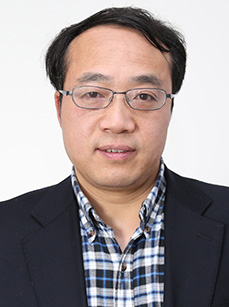 |
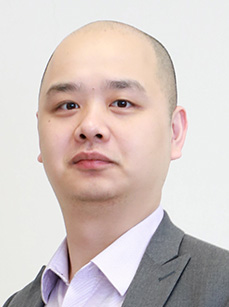 |
|
Prof. Zenglin Xu Harbin Institute of |
Prof. Lei Zhang The Hong Kong Polytechnic |
Prof. Zhijun Fang Shanghai University of |
Dr. Haoran Xie Lingnan University, Hong |
|
|
|
|
